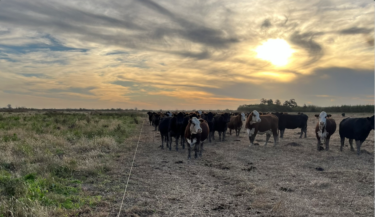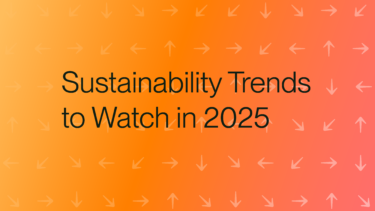
Contents
- What is the SARA programme?
- Its Achievements
- Beyond Carbon: The Holistic Benefits
- The Team Behind the Success
Share this article
Anthesis is proud to be a part of the South American Regenerative Agriculture (SARA) programme, a collaborative effort with Ruuts and Ovis 21 that is making a significant positive impact on the environment and local communities in Latin America.
What is the SARA Programme?
The SARA programme works with farmers in Argentina, Paraguay, and Chile to transition to regenerative grazing practices. Regenerative agriculture is a holistic approach to land management that prioritises improving soil health, biodiversity, and ecosystem services.
SARA is a regenerative agriculture carbon programme developed under Verra’s Methodology for Improved Agricultural Land Management (VM0042), and the overall project has four important milestones to achieve: Validation audit, Verra Registration, Verification Audit, and Credit Insurance. Recently, our colleagues from Anthesis Netherlands visited the SARA sites for the third step: Verification Audit.
By implementing regenerative grazing techniques, farmers can improve the health of their land, reduce their reliance on inputs, and capture carbon from the atmosphere. This not only benefits the environment but also improves the productivity and profitability of their farms.
The SARA Programme’s Achievements
The SARA programme has already achieved significant milestones. Over 120,000 hectares of land have already been enrolled in the programme, with expectations to reach over 500,000 hectares in the future. Hundreds of farmers are already benefiting from the programme’s training and support. Based on expressions of interest, the programme is expected to generate nearly 1 million tonnes of CO2 removed per year. These numbers represent a significant contribution to the fight against climate change and the effort to create a more sustainable food system.
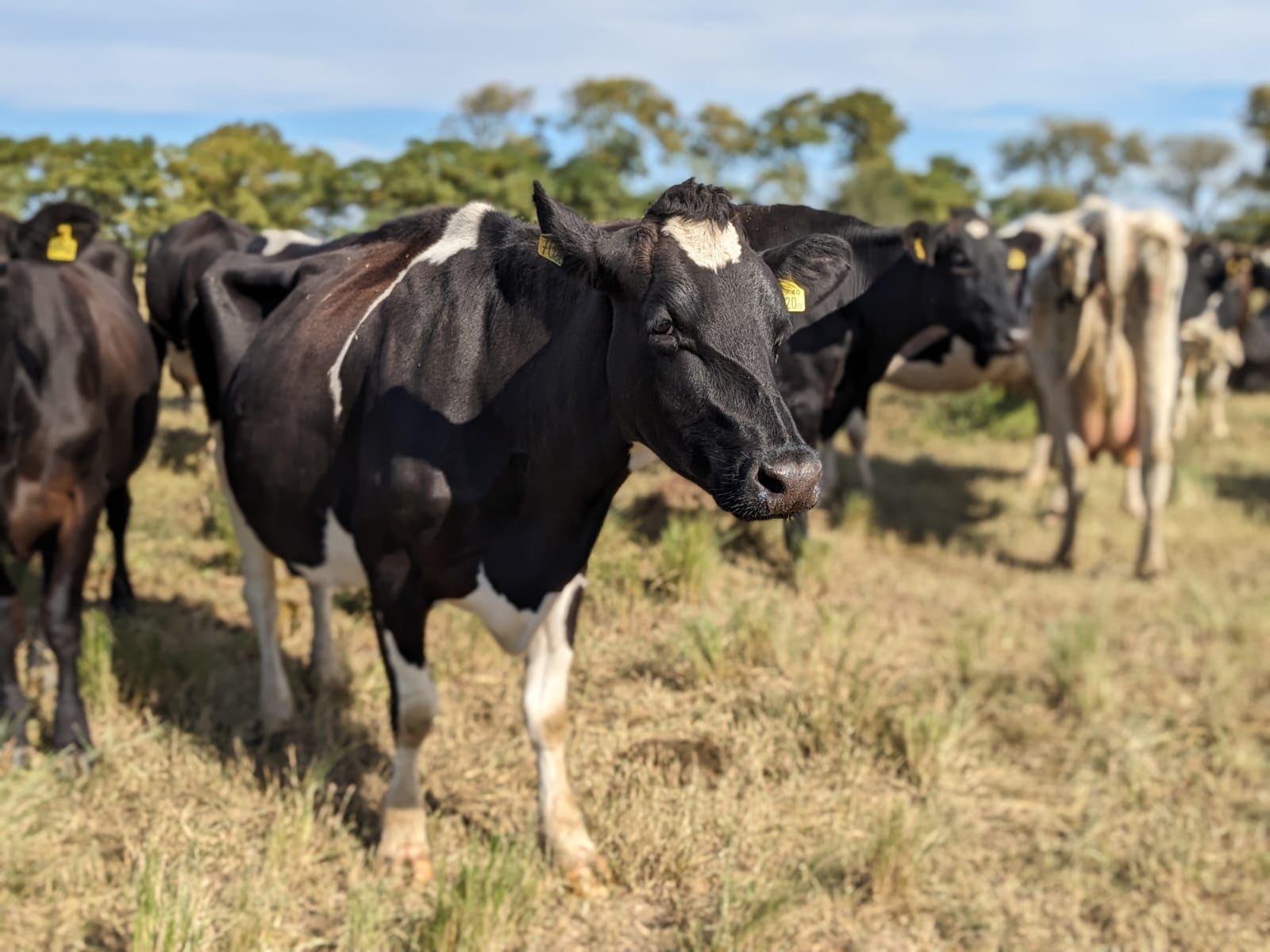
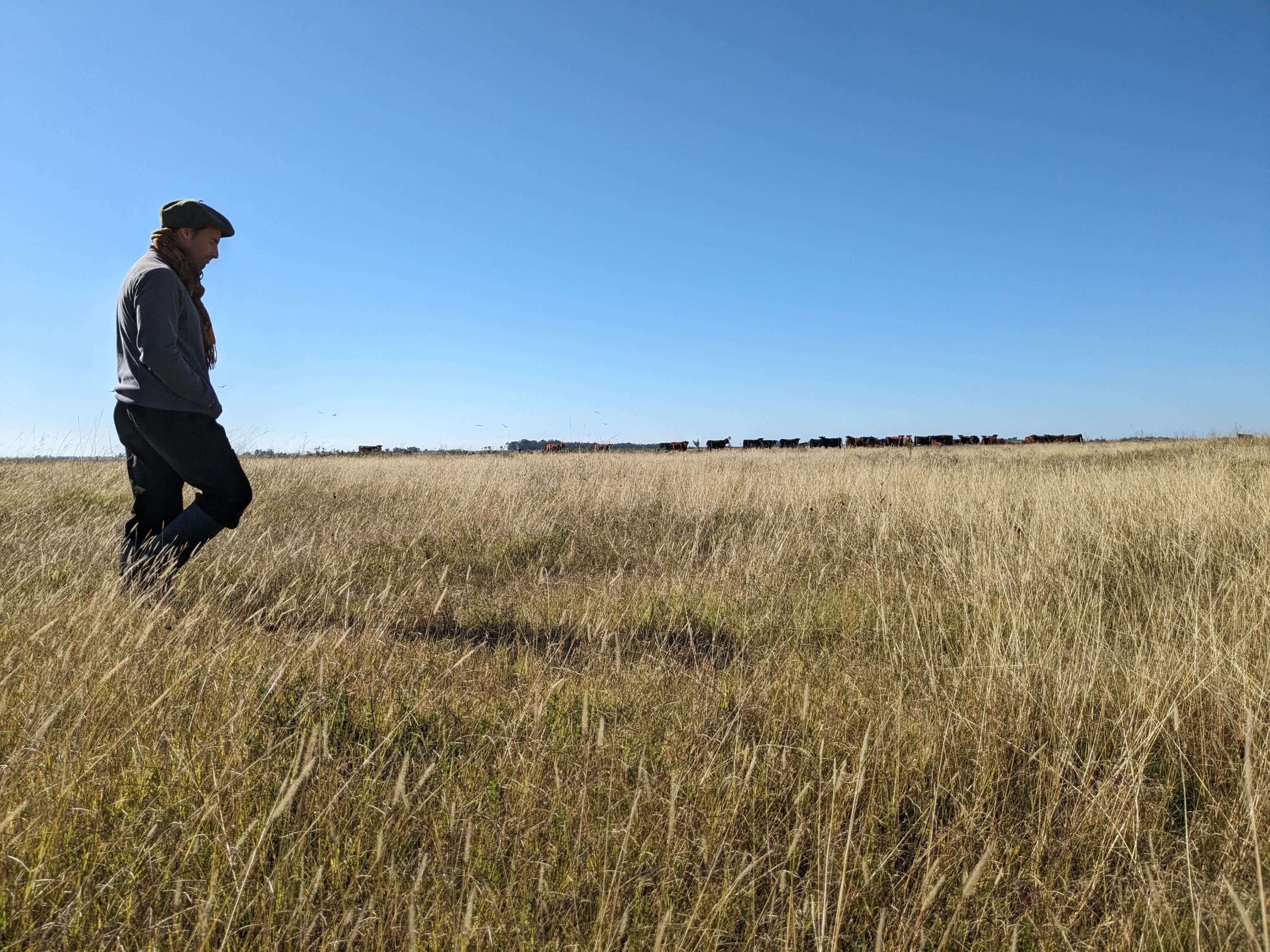
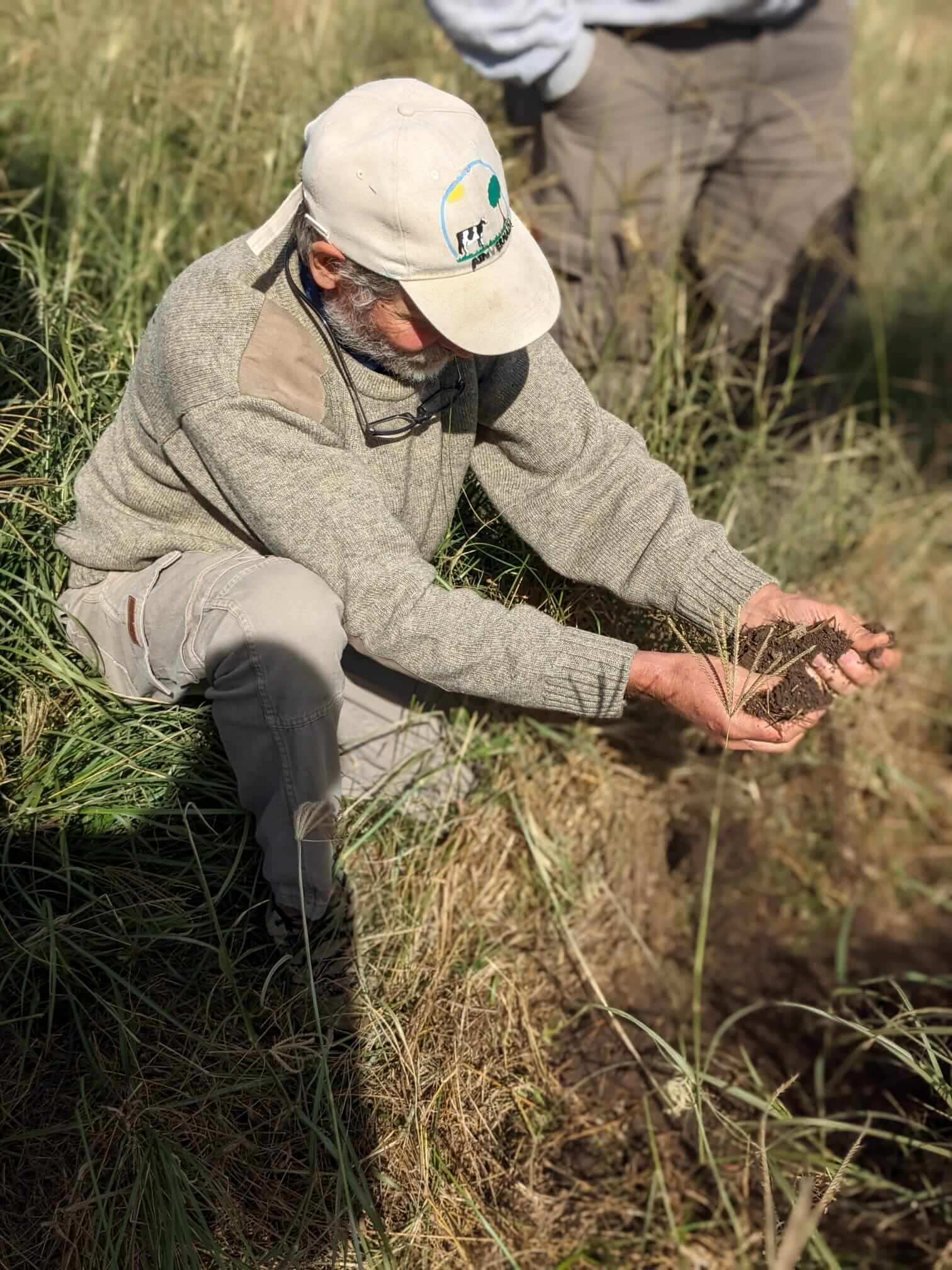
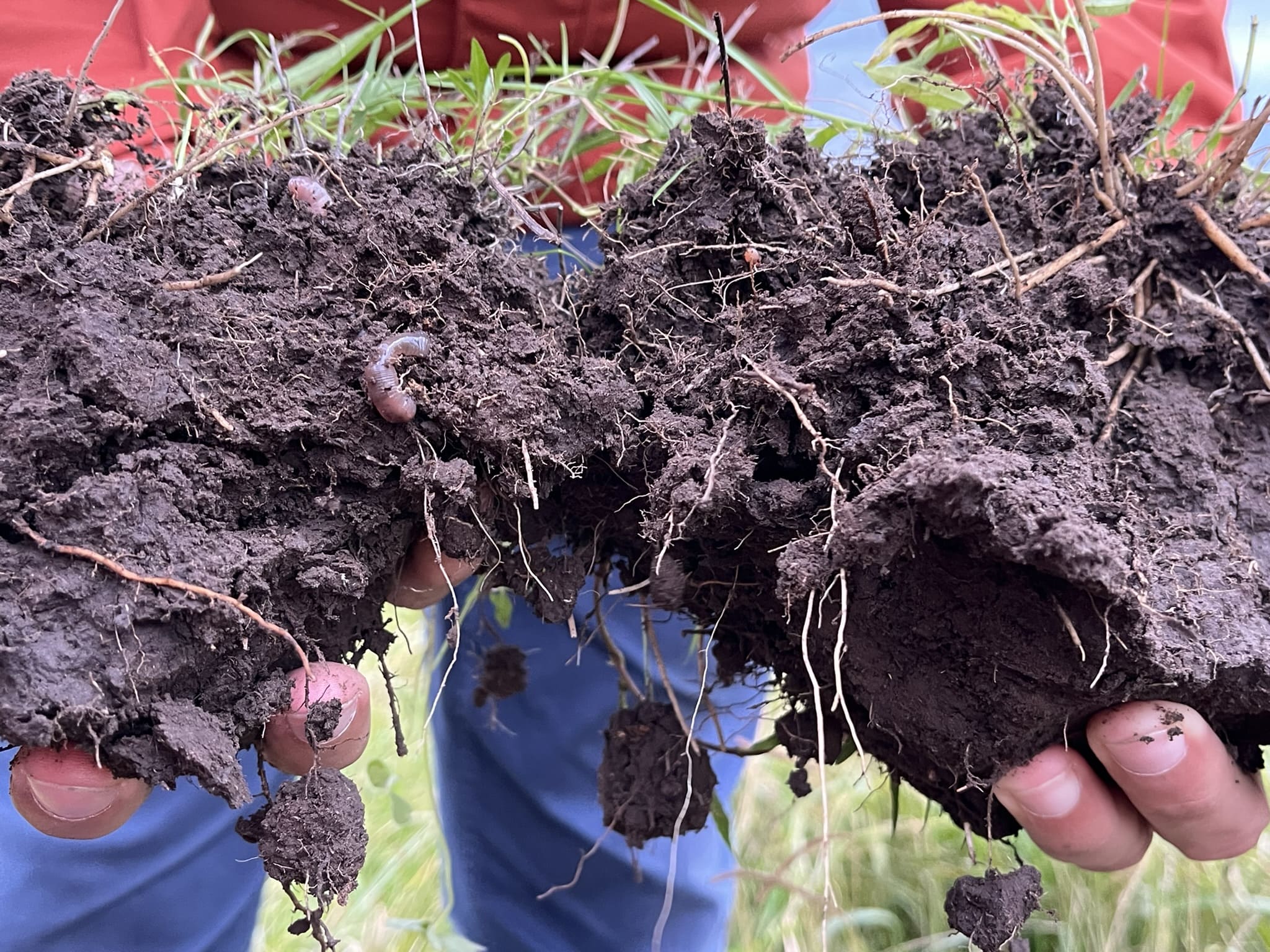
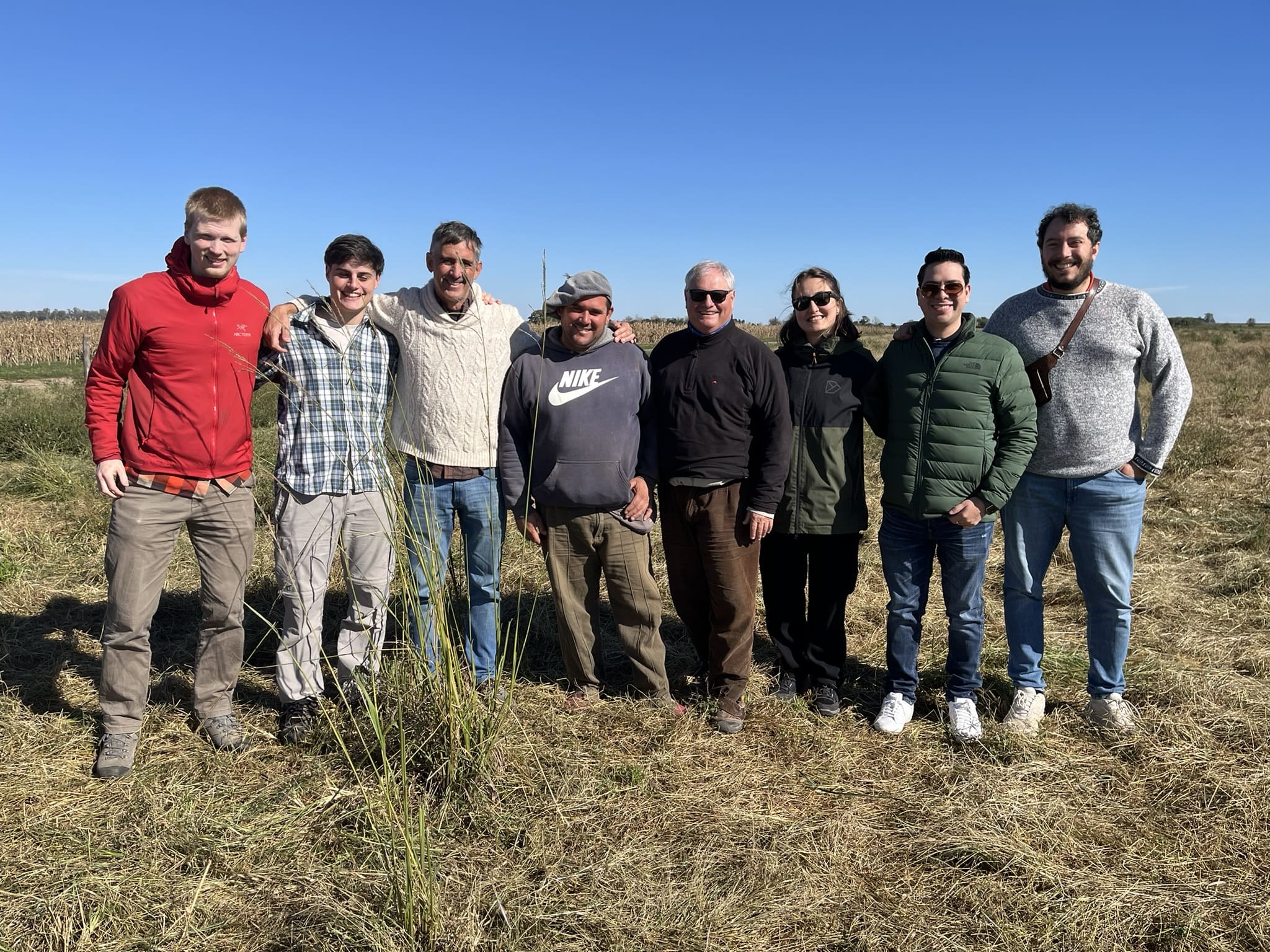
Beyond Carbon: The Holistic Benefits of Regenerative Grazing
The benefits of regenerative grazing go far beyond carbon sequestration. The programme is also helping to improve carrying capacity, meaning land that has been regenerated can support more livestock. Farmers can reduce their reliance on chemical fertilizers and herbicides, while healthy soils retain water more effectively, which is essential in drought-prone areas. Regenerative grazing practices can help farms to better withstand the impacts of climate change, while creating a more hospitable environment for a wider variety of plants and animals. Healthy soils store more carbon, which helps to mitigate climate change, and the programme is helping to create a more sustainable and resilient agricultural sector in Latin America, which benefits everyone.
Through our programme, farmers are able to:
| Learn and receive on-farm support | Make more money | Monitor their management & ecological outcomes |
| – Accessing virtual and on field training on regenerative ag. – Hire services from accredited third-party local field professionals | – Easy to use, transparent, digitized data collection through Monitoring. Report and Verification platform and mobile app. | – Issuing high quality carbon credits – Reducing costs – Increasing productivity |
Farmers in programmes on average

The Team Behind the Success
The success of the SARA programme is due to the hard work and dedication of a team of experts, including the producers who are implementing regenerative grazing practices on their land, the field professionals of the Ovis21 hubs who provide on-the-ground support to farmers, and the central Ovis21 organisation, a leading organisation in regenerative agriculture. Ruuts, a sustainability consultancy, is helping to develop and implement the SARA programme, while Anthesis is providing technical expertise. Independent auditors ensure that the programme is meeting the Verra Voluntary Carbon Standard.
We are grateful to everyone involved in the SARA programme for their hard work and dedication. Together, we are making a positive impact on the environment, farmers, and the climate.
If you’re interested in learning about regenerative agriculture and its impact on the environment, we recommend reading this insightful article on turning grazing lands into carbon sinks
We are the world’s leading purpose driven, digitally enabled, science-based activator. And always welcome inquiries and partnerships to drive positive change together.
